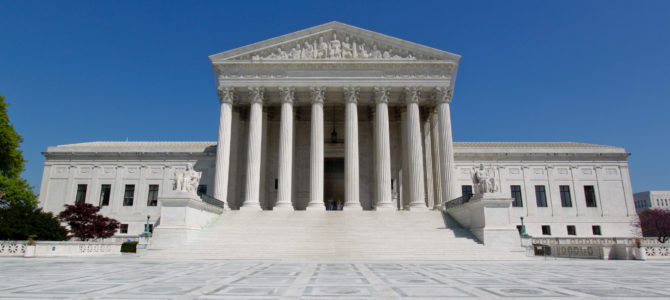A Texas state law took effect early on Wednesday after the U.S. Supreme Court did not act on an emergency petition brought by abortion facilities and activists to block it, meaning private citizens can sue abortion providers who perform the deadly operation after six weeks of pregnancy.
The Texas law had been set to go into effect on Sept. 1 and protects children with detectable heartbeats, which typically occurs six to eight weeks into a pregnancy. The high court’s inaction occurs as the justices prepare to hear a direct challenge to the 1973 Roe v. Wade decision later this year.
The law, signed by Republican Gov. Greg Abbott in May, gives citizens authority to file civil suits against those who carry out abortions after six weeks, with those found guilty forced to pay $10,000 to the plaintiff. According to NBC News, abortion facilities in Texas had already begun turning away pregnant women for September appointments as they prepared for the new law to take effect.
“Since mid-August, all 11 of the Planned Parenthood health centers in Texas that provide abortion services have stopped scheduling visits after Sept. 1 for abortions past six weeks of pregnancy,” NBC reported. “The vast majority of people who obtain an abortion in Texas are at least six weeks pregnant.”
This isn’t necessarily the final word, as abortionists or their facilities could still challenge the constitutionality of the law if somebody sues them.
Next year, the Supreme Court will issue a ruling over Mississippi’s 15-week abortion ban with arguments expected this fall. Pro-life advocates expect the case to overturn the nearly 50-year precedent established in Roe v. Wade after a 6-3 conservative majority was established on the court last fall. In October, Justice Amy Coney Barrett replaced longtime Justice Ruth Bader Ginsburg who passed away from complications with metastatic pancreatic cancer.









